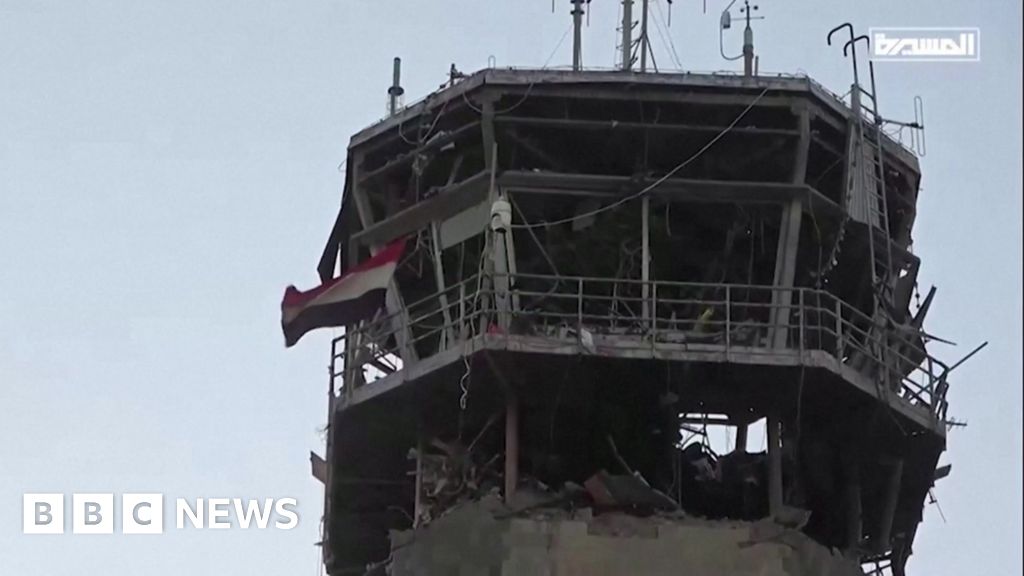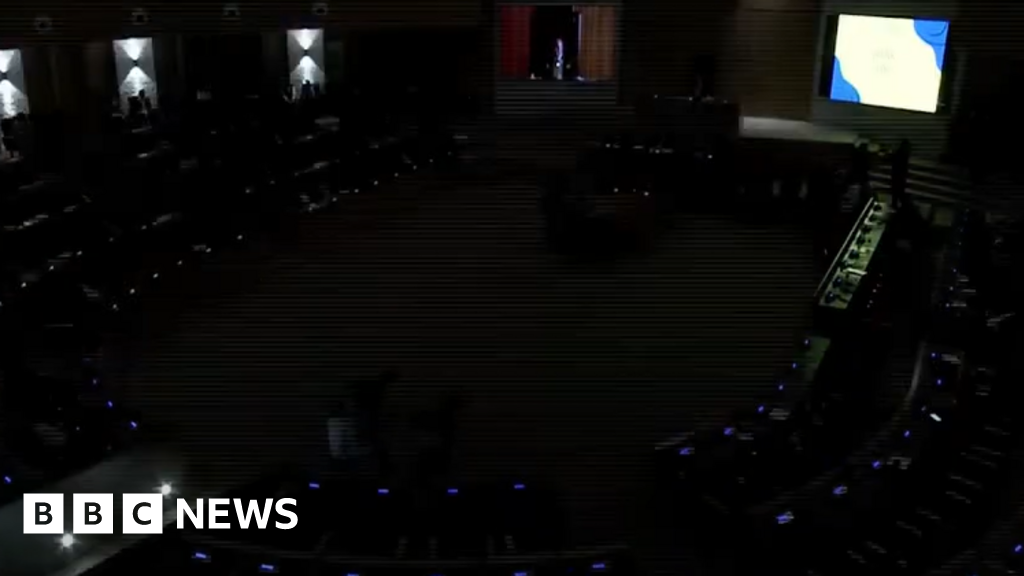THE world is facing a new “nuclear age” with almost no rules to prevent Armageddon, Britain’s top warrior has warned.
Admiral Sir Tony Radakin warned we stand at the “dawn of a third nuclear age”.
He said it was “altogether more complex” than the Cold War nuclear arms race and post-Cold War decades of disarmament.
He said: “We are at the dawn of a third nuclear age which is altogether more complex.
“It is defined by multiple and concurrent dilemmas, proliferating nuclear and disruptive technologies, and the almost total absence of the security architectures that went before.”
He singled out Russia, Iran, North Korea and China as looming nuclear threats.
He said: “From Russia we have seen wild threats of tactical nuclear use, large scale nuclear exercises and simulated attacks against Nato countries, all designed to coerce us from taking the action required to maintain stability."
He added: “China’s nuclear build up poses a two-peer challenge to the United States.
“Iran’s failure to cooperate with the IAEA (International Atomic Energy Agency) is a concern, and North Korea’s ballistic missile programme and erratic behaviour presents a regional and, increasingly, a global threat.”
The Chief of Defence Staff slammed Vladimir Putin’s “wild” nuclear threats.
But he said the tyrant was under no illusions that Russia would get annihilated in the event of a doomsday strike.
He said: “The UK’s nuclear deterrent is the one part of our inventory of which Russia is most aware and has more impact on Putin than anything else.”
Putin stages hypersonic war games in Med as two warships blast 6,900mph missiles in message to West over Syria & Ukraine
He insisted the risk of a “significant direct attack or invasion by Russia on the United Kingdom” was remote.
He said: “Russia knows the response would be overwhelming, whether conventional or nuclear.”
And he warned “tens of thousands more” may follow as part of a new security pact which sees Moscow give Pyongyang “the most sensitive technology and expertise”.
He said North Korea’s decision to send thousands of troops to Russia was “this year’s most extraordinary development”.





















 English (US) ·
English (US) ·